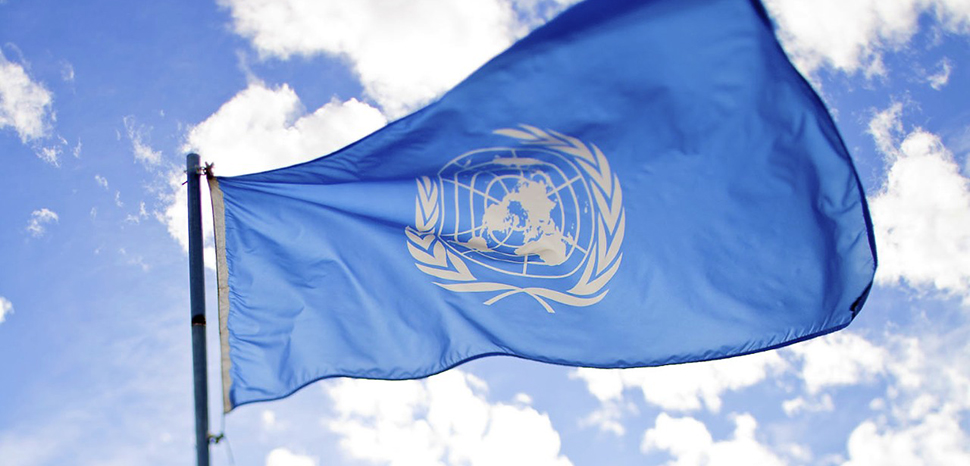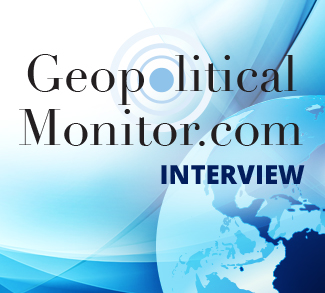The end of the Cold War has seen a remarkable shift in global geopolitics. Perhaps among the most dramatic was the collapse of the Soviet Union in 1991. Since then, the United Nations Security Council (UNSC) has frequently been criticized as being an anachronism that has limited the effectiveness of the UN to promote human rights and international law.
One major category of criticism involves the use of the veto by the UNSC’s permanent members – the ‘P5.’ The second involves the expansion of the UNSC to include more permanent and non-permanent seats on the council.
Critics of the P5 veto power argue that its use is undemocratic, and that resolutions supported by the vast majority of states are subjected to the whims of five countries on the Security Council. Supporters on the other hand argue that it allows these powerful countries to guard against threats to their national interests.
Getting rid of the veto for resolutions concerning the use of military force is neither realistic nor particularly desirable given the current geopolitical climate.
The P5, specifically the US and Russia, have prolifically exercised their veto powers since the UN was founded. An argument in favor of getting rid of the veto is that P5 members do not have a monopoly over security concerns. After all, why should India and Japan have to abide by UNSC decisions while Russia or the United States can simply veto decisions that go against their interests?
The unfortunate reality is that all P5 members are at present nuclear armed “great powers.” They are not the only ones, however, and the relative arbitrariness of their status as permanent members on the UNSC is a valid issue. But the reality today is that war and conflict between these powers is still a possibility. Regardless of the moral dimension, abolition of the veto in this instance is highly impractical as it would require the P5 to surrender on issues that may directly affect their national security.
When it comes to the UNSC authorizing military force that could directly affect global security, as permitted under Article 42 of the UN Charter, the veto should remain in place.
Other resolutions, such those pertaining to Article 41, which permits the UNSC to impose economic sanctions against threats to peace, have consequential effects on peace and security. Critics of the veto frequently stress that the UNSC veto threatens the ability of the international community to act when there is a clear violation of international law or security perpetrated or supported by a P5 member. There is a need to balance the need for the international community to be able take concrete steps to respond to violations while at the same time trying to safeguard the fundamental interests of existing P5 powers so long as the current climate persists.
One solution would be to provide for a Security Council veto override mechanism, when it comes to the imposition of sanctions against states under Article 41. This override would be unanimous, requiring the approval of all other UNSC members. Allowing for and requiring an overwhelming consensus among the international community to impose economic consequences on states which brazenly break international law and hide behind a veto would provide a capacity to hold those states to account.
Even in its most conservative form, an override would probably only ever come to fruition in the form of some compromise involving the P5 nations given that it reduces their power on the UNSC. There has been, however, a strong desire from non-permanent members, as well as within the UN broadly, to embark on veto reform for about two decades now.
The second category of UNSC reforms concerns the expansion of seats on the council itself. In recent decades, there have been two main blocs. The G4 group, which includes India, Japan, Brazil, and Germany seek to support each other’s bids for UNSC permanent membership. An opposing group, called United for Consensus seeks predominantly to expand the number of non-permanent seats to the UNSC by up to ten.
There are some issues regarding the inclusion of new permanent members of the Security Council. First, it is unclear what makes a country worthy of a permanent seat. Why should Germany get a seat, but not Italy, Brazil but not Argentina, India but not Pakistan, etc. This is in contrast with the non-permanent seats where countries from every region get an equal chance to sit on the council for a two-year term.
Second, each one of these countries is seeking a veto in the UNSC. This would expand the use and possession of, rather than restrict, that which is so heavily criticized by UN reformers today. I argued earlier that the only reason the P5 should continue to have limited vetoes is out of necessity to avoid another global conflict between them. Otherwise, granting a veto has few, if any merits.
The United for Consensus coalition’s proposal to expand the number of non-permanent seats has merits. It would provide for all G4 countries to increase the number of terms through which they get to sit on the Security Council. If well-executed, it could improve the representation of countries in the global South. And the expansion of non-permanent members currently enjoys support from all P5 members. A veto-override system could also enjoy more support if the number of votes needed to override were increased.
The main issue with expansion is then determining how many countries to add. To expand, there needs to be a UN charter amendment by the General Assembly. One solution would be to approve five or six seats immediately, given that that number has been forwarded by the US, but give the UNSC and General Assembly the authority to approve more members without amending the charter further.
Reforming the veto and expanding the number of UNSC members can be done in incremental steps if needed. Veto reform is the trickier issue to get a hold of because it directly affects the influence states have in the Security Council. For the moment, concentrating on increasing the number of non-permanent seats would provide tangible benefits to the UN system.
The views expressed in this article belong to the authors alone and do not necessarily reflect those of Geopoliticalmonitor.com.




